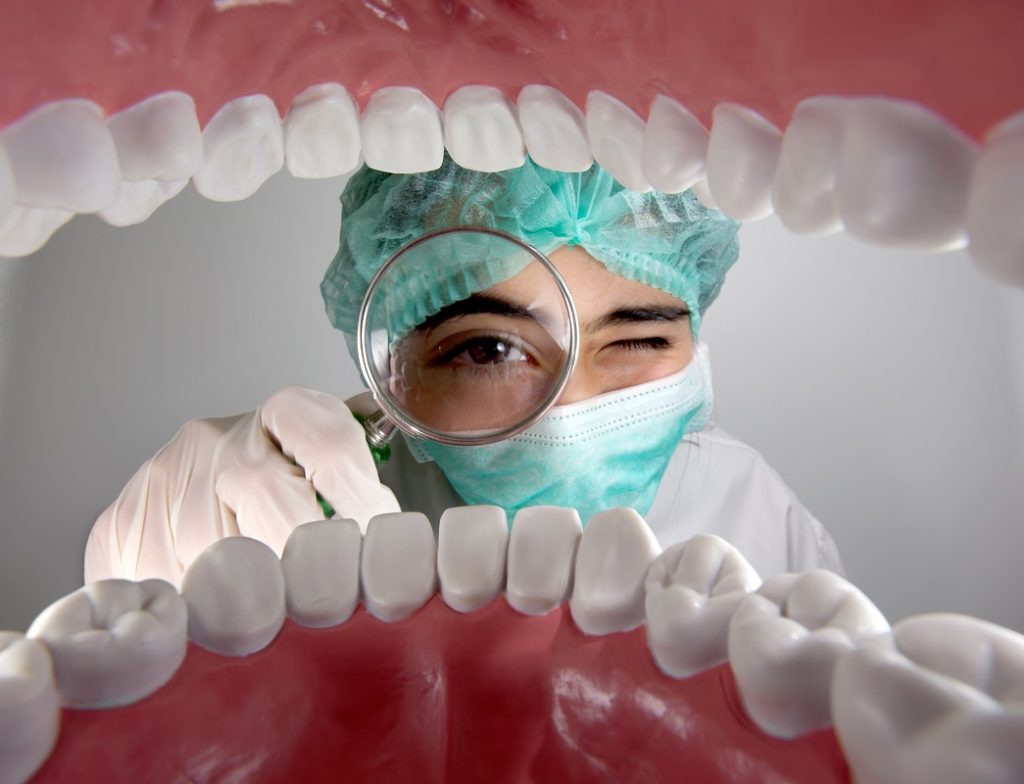- Restorative dentistry focuses on diagnosing, preventing, and treating dental problems beyond aesthetics.
- Dental procedures like restorative fillings, crowns, bridges, and implants can prevent further dental issues and infection.
- Restorative dentistry improves oral health, reduces gum disease, and has been linked to lowering heart disease.
- Restorative dentistry does not only improve oral health, but it also restores functionality, improves appearance, and boosts self-esteem.
- Combining restorative dentistry with preventive care like regular dental appointments, a healthy diet, and dental hygiene enhances oral health.
Oral health is essential to one’s overall well-being. A healthy mouth means more than a beautiful smile; it impacts the ability to speak, eat, and maintain good nutrition. Restorative dentistry plays a crucial role in not only enhancing the appearance of teeth but also in achieving better oral health.
Restorative dentistry refers to diagnosing, preventing, and treating dental problems. It focuses on restoring damaged or missing teeth and preserving existing teeth to prevent further dental issues. Restorative dentistry goes beyond aesthetics and focuses on improving oral health functionality.
It plays a significant role in maintaining good oral health. Decayed, infected, or broken teeth can lead to various oral health issues, from gum disease to tooth loss. Dentists aim to prevent tooth loss with restorative dentistry by preserving natural teeth and repairing the damage.
This article will explore restorative dentistry’s importance in maintaining good oral health.
Common Restorative Dentistry Procedures
Dental Fillings
Dental fillings are one of the most common restorative dentistry procedures. They are used to repair cavities caused by tooth decay. The decayed portion of the tooth is removed and filled with a dental material like composite resin.
Fillings are essential in preventing cavities from progressing and causing further damage to the tooth.
Crowns and Bridges
Crowns and bridges are dental restorations used to repair damaged or missing teeth. A crown is a cap that covers a damaged tooth, protecting it and restoring its function.
Bridges are used to replace missing teeth by attaching artificial teeth to the surrounding natural teeth. Crowns and bridges help restore the functionality of the teeth and prevent further damage.
Root Canal Therapy
Root canal therapy is a restorative dentistry procedure that treats infected or inflamed pulp (the soft tissue inside the tooth). The infected or inflamed pulp is removed, and the tooth is filled and sealed. Root canal therapy prevents tooth extraction and preserves the natural tooth.
Dental Implants
Dental implants are a tooth replacement option for missing teeth. They are made of titanium and are surgically placed into the jawbone. Implants fuse with the bone and provide a stable base for a dental crown. Dental implants offer a more permanent solution for missing teeth and improve functionality and aesthetics.

Benefits of Restorative Dentistry
Improved Oral Health
Restorative dentistry treatments such as fillings, root canal therapy, and implant dentistry can help repair damaged teeth and prevent further decay. This not only improves the overall health of your mouth but can also prevent other health problems, such as gum disease and infection.
A study conducted by the American Heart Association found a link between gum disease and heart disease, showing how important good oral health is.
Increased Comfort and Functionality
Missing or damaged teeth can cause discomfort, pain, and difficulties with speaking and eating. Restorative dentistry can help correct these issues and improve your overall quality of life.
For example, dental implants can replace missing teeth and provide a natural-looking and comfortable solution, while dentures and bridges can restore functionality and make eating and speaking easier.
Enhanced Appearance
While restorative dentistry is not solely about aesthetics, the treatments can significantly improve appearance. Treatments such as teeth whitening, veneers, and crowns can help enhance your smile’s brightness, straightness, and overall appeal. This can boost your confidence and improve your overall self-image, positively impacting your daily life.
Restorative Dentistry and Preventive Care
While restorative dentistry can help repair damaged teeth and improve oral health, it is essential to focus on preventive care. Brushing and flossing regularly, scheduling regular dental appointments, and eating a healthy diet can all contribute to maintaining good oral health.
Restorative dentistry can complement these preventative efforts by repairing any existing damage and preventing further complications.

In conclusion, the benefits of restorative dentistry go beyond just aesthetics. Improved oral health, increased comfort and functionality, and enhanced appearance are just a few of the advantages. It is important to focus on preventive care to maintain good oral health.
Whether you are dealing with missing or damaged teeth or simply looking to improve the overall look of your smile, restorative dentistry can help. It’s important to remember that preventive care and regular dental check-ups are crucial in maintaining good oral health.





